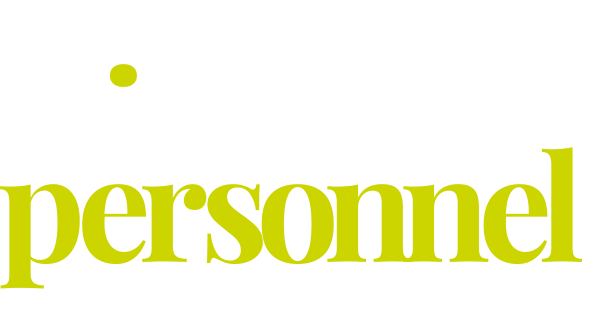

Elite Personnel Services Ltd – Equal Opportunities Policy
The Company is committed to a policy of treating all its workers and workseekers equally. Nobody shall receive less favourable treatment or consideration on the grounds of sex, pregnancy or maternity, race, colour, religion or belief, nationality, ethnic or national origins, sexual orientation, gender re-assignment, age, disability or their marriage or civil partnership.
Disciplinary action will be taken against any person who is found to have committed an act of unlawful discrimination. Serious breaches of this policy and serious incidents of harassment will be treated as gross misconduct. Allegations of discrimination which are not made in good faith will also be considered as a disciplinary matter.
The Company is particularly concerned that equality of opportunity is maintained in the following areas:
• recruitment and selection;
• promotion, transfer and training;
• terms of employment, benefits, facilities and services;
• grievances and disciplinary procedures;
• dismissals and redundancies.
Harassment
All employees have the right to work in an environment which is free from any form of harassment. It is the Company’s policy that the harassment of any of its personnel, workseekers or third parties is unacceptable behaviour. Anyone found to be in breach of this policy will be liable to disciplinary action which could result in dismissal or termination of contract.
Harassment takes many forms and can be directed at one person or many people. Harassment can occur even where a person does not hold a particular characteristic. Conduct which is unwanted by the recipient, and which the recipient finds offensive or unacceptable, amounts to harassment. Conduct usually becomes harassment if it continues once it has been made clear that it is regarded by the recipient as offensive, although a single incident may amount to harassment if sufficiently serious.
Harassment can be based on:
• race, ethnic or national origins, nationality or skin colour;
• gender re-assignment or perceived or actual sexual orientation;
• power or hierarchy;
• willingness to challenge harassment (leading to victimisation);
• membership, or non membership, of a trade union;
• disabilities, sensory impairments or learning difficulties;
• age;
• status as an ex-offender;
• health;
• physical characteristics;
• perceived or actual religion or belief.
Whilst not an exhaustive list, forms of harassment include:
• physical contact;
• jokes, offensive language, gossip, slander, offensive or sectarian songs and letters;
• posters, graffiti, obscene gestures, emblems, flags;
• offensive email, screen savers etc;
• isolation or non co-operation and exclusion;
• coercion for sexual favours;
• pressure to participate in political/religious groups;
• intrusion by pestering, spying and stalking.
Disabilities
It is the Company’s policy that disabled people, including job workers and workseekers, should be able to participate in all of the Company’s activities fully on an equal basis with people who are not disabled.
The Company will take all reasonably practicable steps to ensure that disabled people are able to participate in its business and activities on an equal basis with people who are not disabled.
